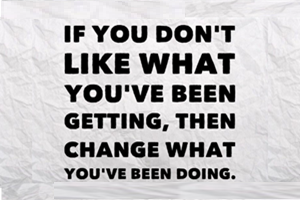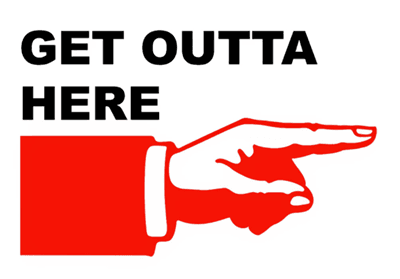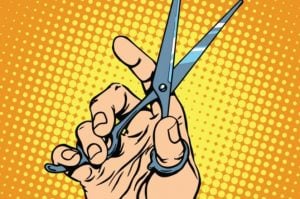In the May 5, 2020 Ask The Headhunter Newsletter a reader falls into a wrong-job problem and can’t keep a job.
Question
I’m a dedicated, loyal employee, and I would do anything for my employer. Why, then, do I lose my job every few years and have a hard time landing a new one?
Nick’s Reply
 The easy answer would be that you’ve just been unlucky and that you got caught in a series of unfortunate downsizings through no fault of your own. But that would make for a very short column.
The easy answer would be that you’ve just been unlucky and that you got caught in a series of unfortunate downsizings through no fault of your own. But that would make for a very short column.
Your question, which is not detailed enough for me to really answer, nonetheless raises a bigger question that’s relevant to everyone: Why do people take a job, only to find themselves job hunting again so soon? Let’s tackle that, and I hope you’ll find something useful for your situation.
A good job is the right job
The economy obviously affects jobs, but you can’t control the economy. So let’s consider something you do have some control over: the choices you make. I believe that most people go job hunting because they took the wrong job to begin with. This is a subtle phenomenon worth thinking about.
Some people take a job because it’s offered, not because it’s right. Some take jobs because employers flatter them, not because they’re particularly interested in the company or the job. Lost in the joy of being judged worthy, they forget to judge the job and the company, and to think about whether the job being offered is really the kind of long-term investment they want to make. (See Forget Glassdoor: Use these killer tips to judge employers.)
A wrong job is not going to be a good job. It will quickly turn into a recent job.
The wrong-job cycle
Relieved to be “off the street” (or overly impressed at being recruited), wrong-job takers will accept work that does not satisfy them. They will rationalize a poor choice and try to live with it. Gradually, their morale drops and their performance suffers. The effect is cumulative, and eventually the mismatch becomes glaring. They get fired, laid off, or they quit.
Because the parting was bitter and probably sudden, the next job search is likely to be desperate. This job seeker is likely to make a similar mistake. The wrong-job cycle starts again.
(Looking at this from the employer’s perspective, when faced with doing lay-offs, employers favor keeping productive workers with good attitudes. How has your choice of a job affected your attitude? Are you the obvious sourpuss to eliminate when cuts are made?)
Now, I don’t blame anyone for taking a job — any job — to pay the rent. But if you reveal a poor attitude at work because you accepted a job you don’t really want (or because the economy depresses you), then I have little sympathy. When you accept that job and that paycheck, do the job with pride no matter what it is, and learn to smile until you move on.
You can keep the right job
When you find your next job, will you choose it, or will it choose you? That is, are you pursuing what’s good for you, or settling for what comes along? You’re more likely to keep the right job than any job, so choose carefully.
Success depends on making good choices to begin with. When you choose a job that stimulates and keeps you engaged, it shows in your performance and demeanor. Being on the right job drives creativity, which in turn can help your company out of a jam — and keep you employed. Will you choose a job that inspires you to be a profitable worker, or one that’s likely to make you start job hunting again?
I’ve met far more people who took the wrong job than the right one. Before you take a job, ask yourself whether you’re doing it for the right reasons.
- Is it a job you sought out, or did it just fall into your lap?
- Do you really know what you’re getting into, or are you just in a hurry?
- Are you truly motivated by the work, or are you merely looking for a pay check?
- Can you really contribute to the success of the employer, or will you just show up and mark time?
Again, if you need money, I’ve got no quarrel with you. But please realize that later on you may wonder once again why you are unhappy or why you got laid off. Break your wrong-job cycle.
Try to look ahead. Find the right job, and you might not have to search again so soon.
Why do people take the wrong jobs to begin with? What factors tell you that a job is right or wrong?
: :




 Question
Question